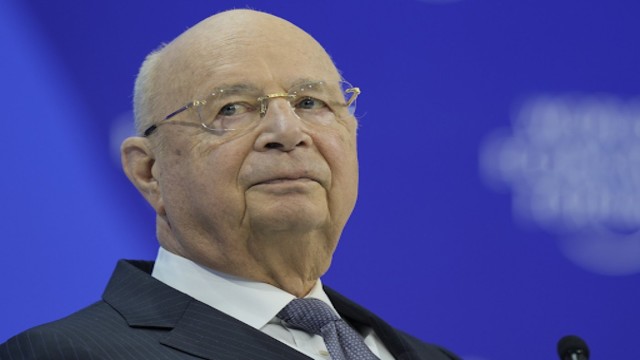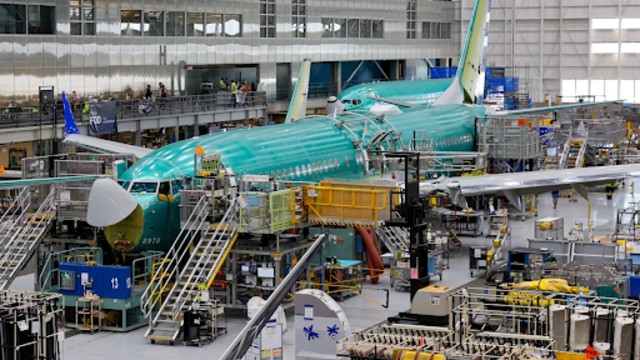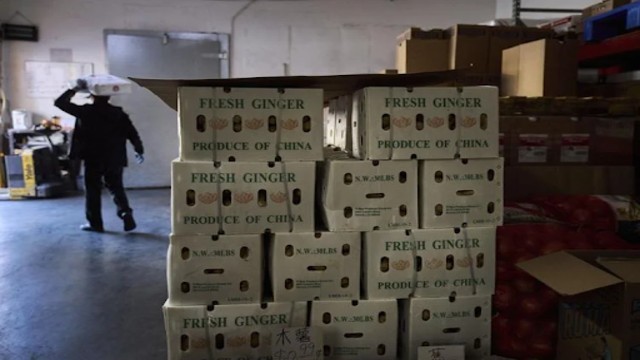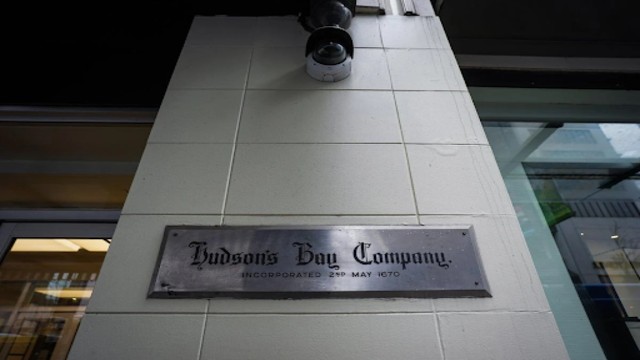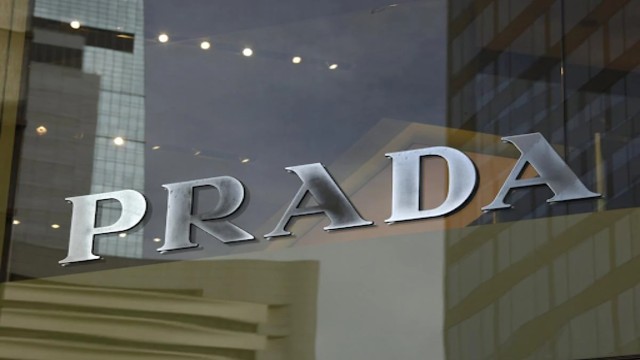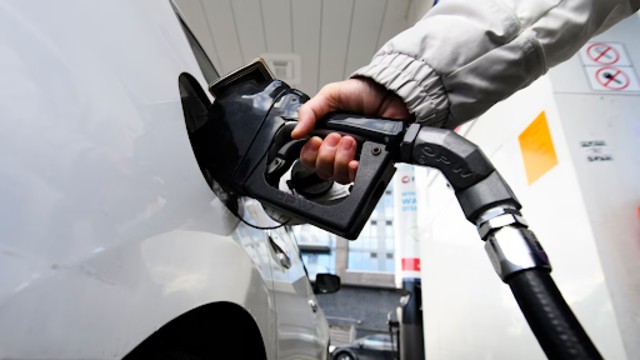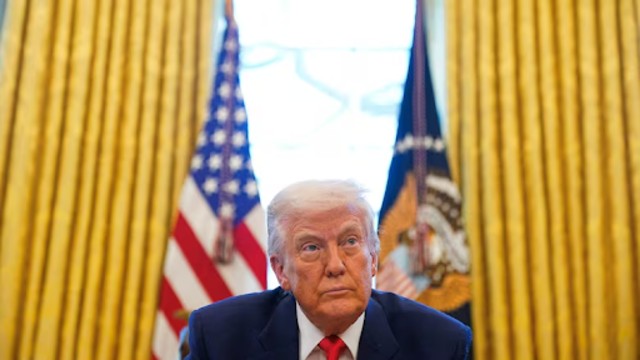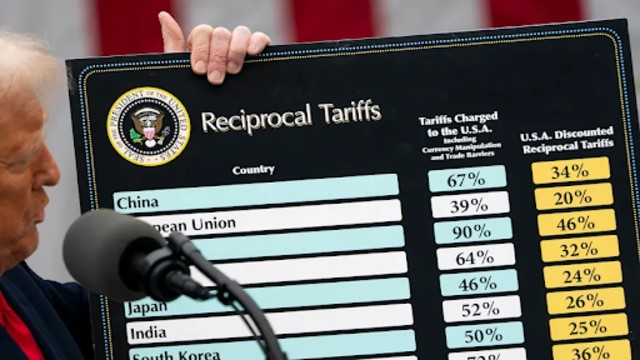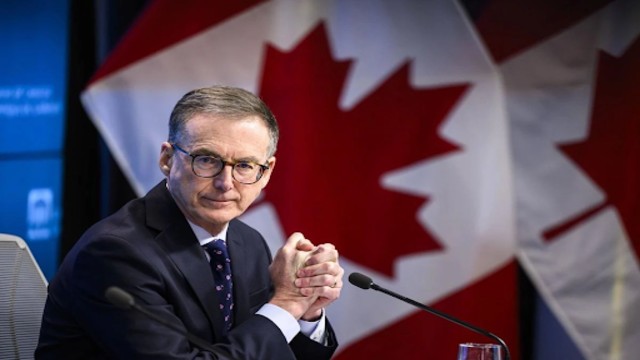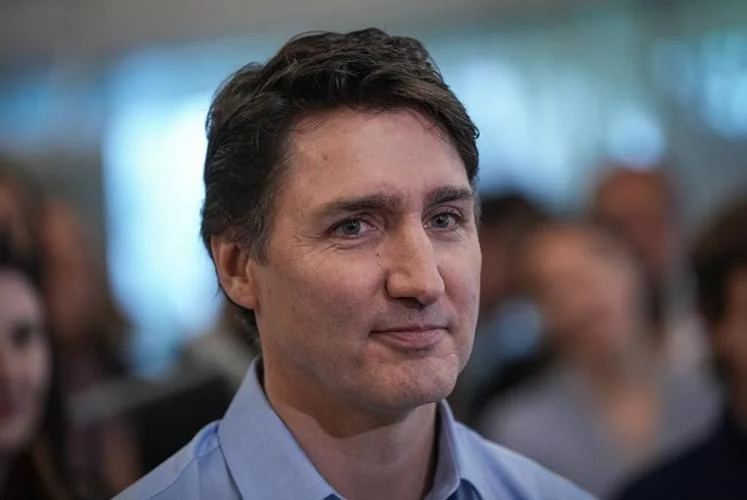
THE CANADIAN PRESS/Darryl Dyck
Justin Trudeau has confirmed that residents of Saskatchewan will still receive carbon rebates, despite the province's decision not to remit federal carbon levies on natural gas to Ottawa, a move deemed in violation of federal law.
Trudeau assured reporters in Saskatoon on Tuesday that the Canada Revenue Agency possesses the means to collect owed funds from the province. He expressed confidence in the agency's quasi-judicial procedures.
Earlier this year, the Saskatchewan government opted not to forward the federal carbon price collected on natural gas to Ottawa, citing Prime Minister Trudeau's exemption of home-heating-oil users from the levy. This exemption primarily benefits residents of Atlantic provinces and is perceived as politically motivated to garner Liberal support in the region.
Initially, Ottawa suggested that rebates to Saskatchewan could be jeopardized by the province's decision. Dustin Duncan, the minister responsible for SaskEnergy, welcomed the news that residents would still receive rebates. However, he maintained the Saskatchewan Party's stance that the levy should not have been collected in the first place, asserting confidence in the province's approach to protecting residents from what they view as an unfair carbon tax on home heating.
Federal Environment Minister Steven Guilbeault acknowledged Trudeau's directive to the Canada Revenue Agency to collect the owed funds from Saskatchewan. He emphasized that residents should not be penalized for the political posturing of their premier on climate change.
Trudeau's relationship with Saskatchewan Premier Scott Moe has been strained over the federal carbon levy. Moe, along with other provincial leaders, including the sole Liberal Premier Andrew Furey of Newfoundland and Labrador, has called on Trudeau to convene a meeting to explore alternatives to the consumer carbon price. Moe has argued that the carbon price exacerbates inflationary pressures for Canadians seeking affordability relief.
Trudeau countered by asserting that most Canadians receive more money back in rebates than they pay in carbon levies. He challenged premiers to devise their own climate plans if they object to carbon pricing. Moe maintained that Saskatchewan explored alternatives but found them economically unfeasible.
Trudeau's visit to Saskatoon included announcements of additional supports for Indigenous communities. Canada is offering $5 billion in loan guarantees to facilitate ownership stakes in natural resource and energy projects for Indigenous groups. This initiative, part of the recent federal budget, enables Indigenous communities to access loans from banks at reduced interest rates.
Additionally, Ottawa pledged millions of dollars to aid housing and healthcare in Indigenous communities. The federal budget allocates $390 million for health facility renovations, over $20 million for the Virtual Health Hub led by the Saskatchewan Indian Institute of Technologies, $243 million for post-secondary opportunities for Indigenous people, and $918 million for housing and infrastructure in Indigenous communities.
Trudeau concluded his visit by engaging with members of the Jewish Community Centre to learn about Passover traditions.




